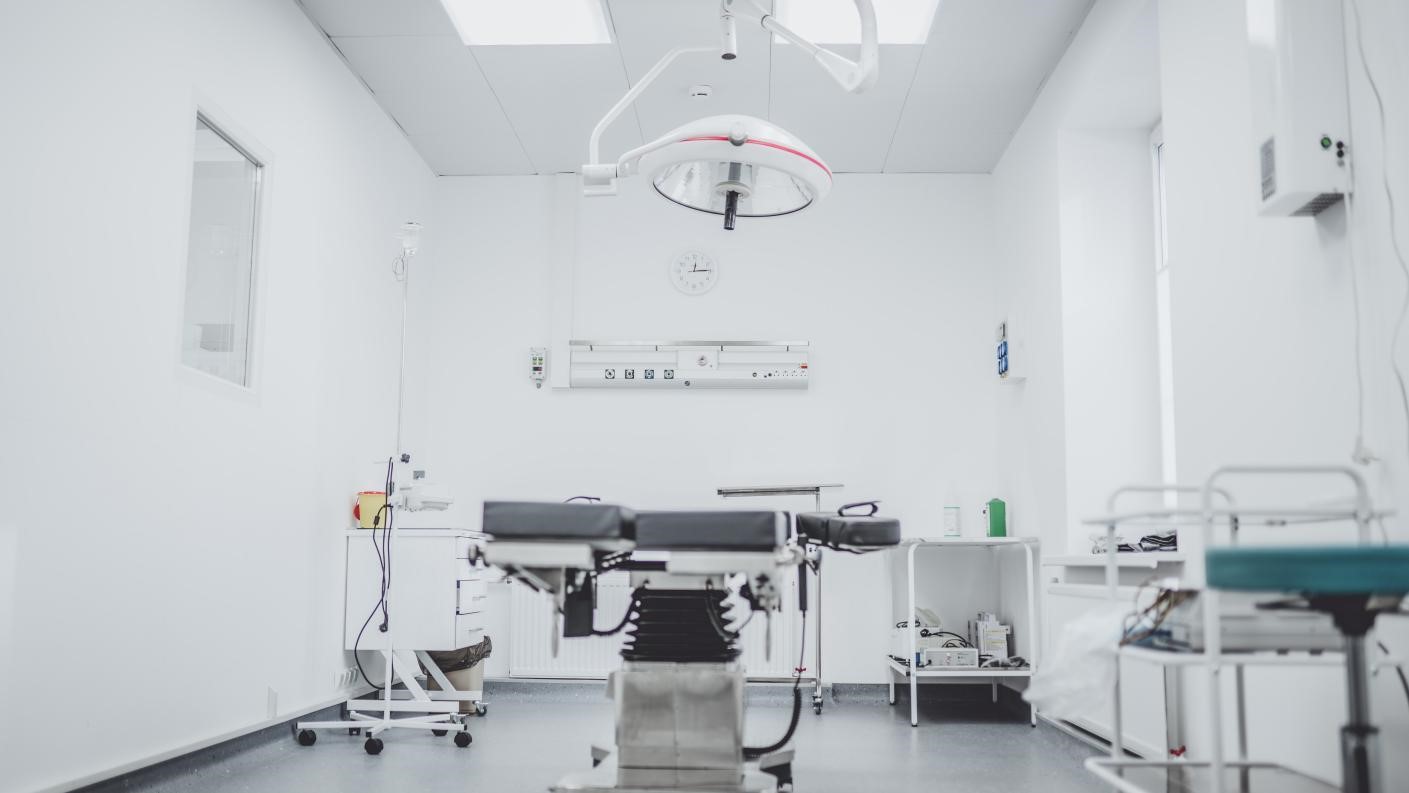The healthcare sector has witnessed fraud associated with durable medical equipment (DME), a type of healthcare fraud often seen worldwide. At its latest edition, Health 2.0 Conference reviewed that it is a scam when people, alone or in collaboration with other healthcare organizations, misinform, falsify, and take undue advantage of DME billing for financial gain. This is common and has resulted in higher medical costs, often borne by the taxpayers or Medicare.
Leaders at the Health 2.0 Conference addressed that the fraudulent practices associated with DME can include charging for medical services or equipment that are never provided, submitting duplicate claims, submitting bills for inappropriate treatments or services, billing for services not related to the medical condition being treated, charging a patient more than what is required or accepted by Medicare, up-coding (billing at a higher rate than the standard service or equipment cost) or any other fraudulent activity that results in the individual or the medical institution gaining unjust profits.
Fraud associated with durable medical equipment (DME) is an increasing concern in the healthcare industry. It refers to manipulating DME billing codes, false claims for products, or equipment not provided or necessary. DME fraud takes many forms, from falsifying diagnoses to exploiting loopholes in Medicare or Medicaid programs. In addition to causing billions of dollars in lost funds to the government and insurers, DME fraud affects patients’ access to essential and potentially life-saving medical care, highlighted Health 2.0 Conference.
Common Types Of DME Fraud
Upcoding
One of the most common forms of DME fraud is ‘upcoding,’ or providing a code for a more expensive item than what was supplied or billed. As addressed at the Health 2.0 Conference, it can range from minor substitutions (such as billing for a more expensive oxygen supply than was provided) to outright false claims for products that never existed. Billing for the wrong product code can be accidental, but upcoding for a greater payout is considered fraudulent and subject to investigation.
Double-Billing
Inflated charges and double-billing are two additional forms of DME fraud. This occurs when a provider charges a Medicare or Medicaid program more than they should for a service or equipment. Inflated charges might be incorrect coding or including ‘extras’ in a bill that wasn’t necessary or performed. Double-billing, or charging twice for the same service or equipment, is also considered fraud.
Health 2.0 Conference also reviewed that healthcare fraud can occur if a provider sells an inappropriate or medically unnecessary product. In this case, a patient might be convinced to purchase or use an item that isn’t beneficial or required for their condition. This can cause not only a financial burden for the patient but potentially put their health in danger.
Re-Billing
Another type of DME fraud is known as ‘re-billing.’ It refers to a provider attempting to gain a profit from items that were already purchased. Re-billing might include shipping items back and forth to appear as new equipment or devices being delivered. As discussed at Health 2.0 Conference, re-billing can occur if an insurance provider issues a duplicate payment for a previously covered item.
Fraud associated with durable medical equipment can have long-lasting repercussions for healthcare and insurance providers. Not only can fraudulent activities lead to lost funds and investigations, but they can also impact patients by decreasing access to essential treatments or forcing them to bear unnecessary financial costs. As highlighted at the Health 2.0 Conference, technology and various resources can help fight medical fraud, protecting providers and insurers in 2023. Healthcare providers and insurers must take active steps to ensure the security of patient information and watch for suspicious activities that might signal the presence of DME fraud.
Suggestions By Health 2.0 Conference Against DME Fraud
To prevent such types of fraud, Health 2.0 Conference suggests that the patients should take the time to get informed and educate themselves on how DME services and supplies are billed and if there are any discrepancies between the claims and what has been provided or ordered.
Furthermore, the patient needs to request and compare any estimated costs that may be involved before making a purchase. It is also wise to ask questions if any type of DME does not seem necessary, if a particular DME does not seem familiar, or when making an initial inquiry for service or supplies.
Also, the conference encouraged individuals to keep copies of any forms or documentation related to purchasing a DME, including payment receipts, orders, etc. Additionally, attendees at the Health 2.0 Conference gave positive reviews about how the conference taught them how to prevent DME fraud and were excited to revisit the healthcare conference in 2023 in the USA and Dubai.
Lastly, individuals should also look for red flags indicating a potential fraud scheme, such as sudden significant increases in claims and billing discrepancies. If a patient suspects fraudulent activities may occur, they should contact the proper authorities immediately.
Overall, the key to preventing fraud related to DME is to take the time to research, stay informed, ask questions, and report any suspected fraudulent activity to the right people. With the right information and precautions in place, patients can be aware of any potential fraud associated with durable medical equipment and help protect themselves, as well as their hard-earned money.


